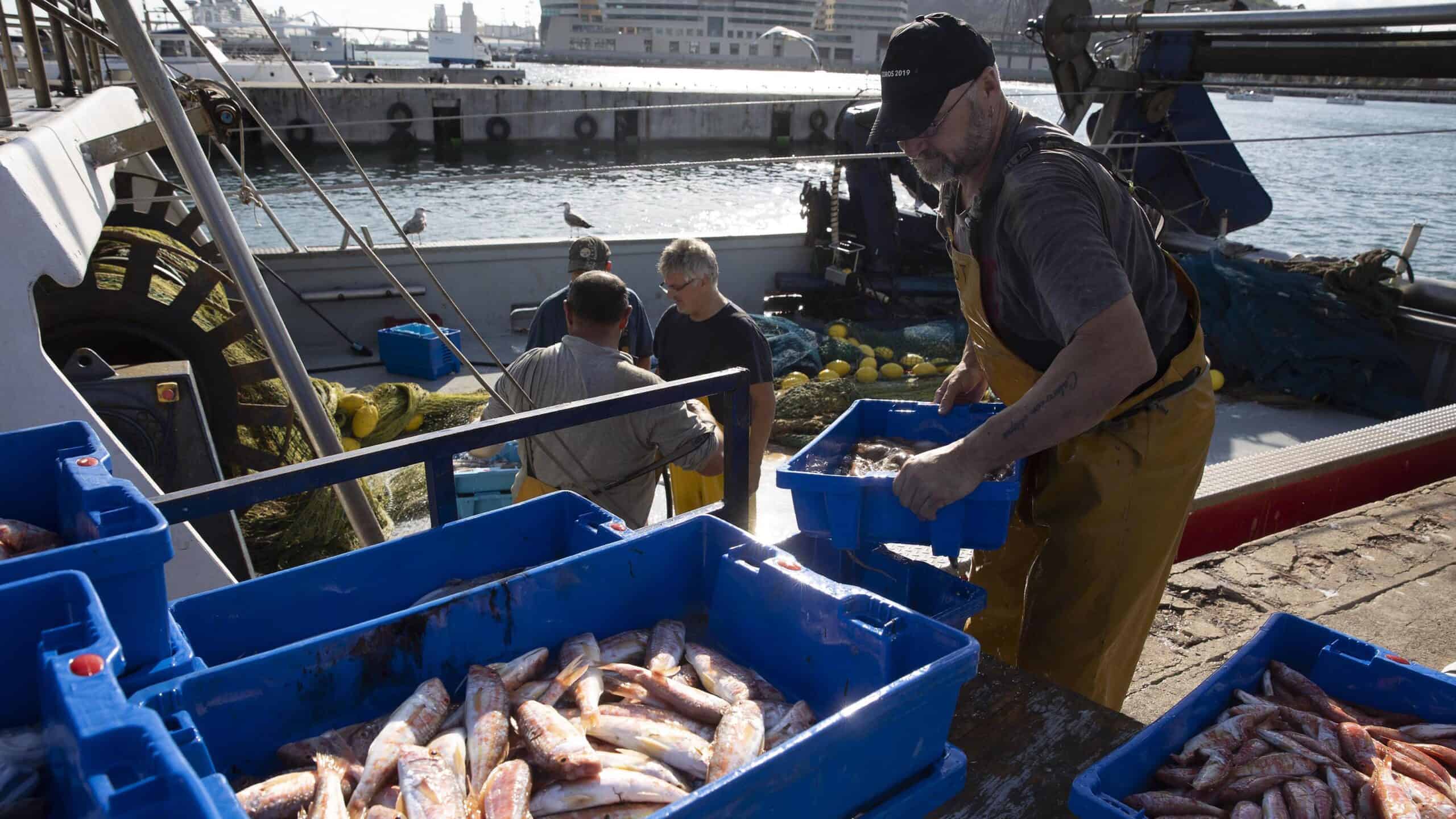In recent years, the Catalan capital has witnessed a worrying phenomenon: the massive closure of fishmongers in Barcelona.
What was once a tradition rooted in Catalan culture is now facing a significant decline due to a number of factors that are changing the landscape of the food trade in the region.
The Gremi de Peixaters, the city’s fishmongers’ guild, reports that approximately 20% of the fishmongers’ shops have closed in the last six years.
This trend reflects a change in consumption habits and a decrease in demand for fresh fish. According to Àlex Goñi, president of the guild, this decline is due in part to the economic crisis and a transformation in the eating habits of the population.
The decline of fishmongers in Barcelona
One of the main factors contributing to the closure of fishmongers is the change in consumption habits. With life becoming increasingly hectic, many people are opting for quick, prepared meals instead of cooking at home.
This has led to a decrease in the purchase of fresh fish, as many people prefer quicker and more convenient options, such as frozen foods or eating out.
In addition, lack of knowledge about the different types of fish and how to cook them has also contributed to the decline in demand for fresh fish. Many consumers are intimidated by the variety of options available and opt for more familiar, easy-to-prepare alternatives.
Another challenge for fishmongers is the excessive regulations and bureaucracy imposed by the authorities. Often, fishmonger owners are overwhelmed by inspections and penalties, making it even more difficult to manage their businesses.
In addition, generational turnover is also a problem, as few are willing to take on the hard work and complicated schedules.
The fish is still “alive
Despite the challenges, the president of the Gremi de Peixaters insists that fresh fish remains an accessible and affordable option for consumers.
However, he argues that the perception that fresh fish is expensive is an obstacle that must be overcome. It proposes that the authorities reduce the VAT price on fresh fish to encourage greater consumption.
The decline of fishmongers is not a problem exclusive to Barcelona, but a global phenomenon that affects all of Catalonia and Spain in general. According to recent reports, Catalonia has lost almost 24% of its fishmongers between 2016 and 2021, while in Spain the disappearance of these stores amounts to 26% between 2007 and 2020.
The massive closure of fishmongers in Barcelona is a reflection of the challenges and transformations facing the food sector today.

